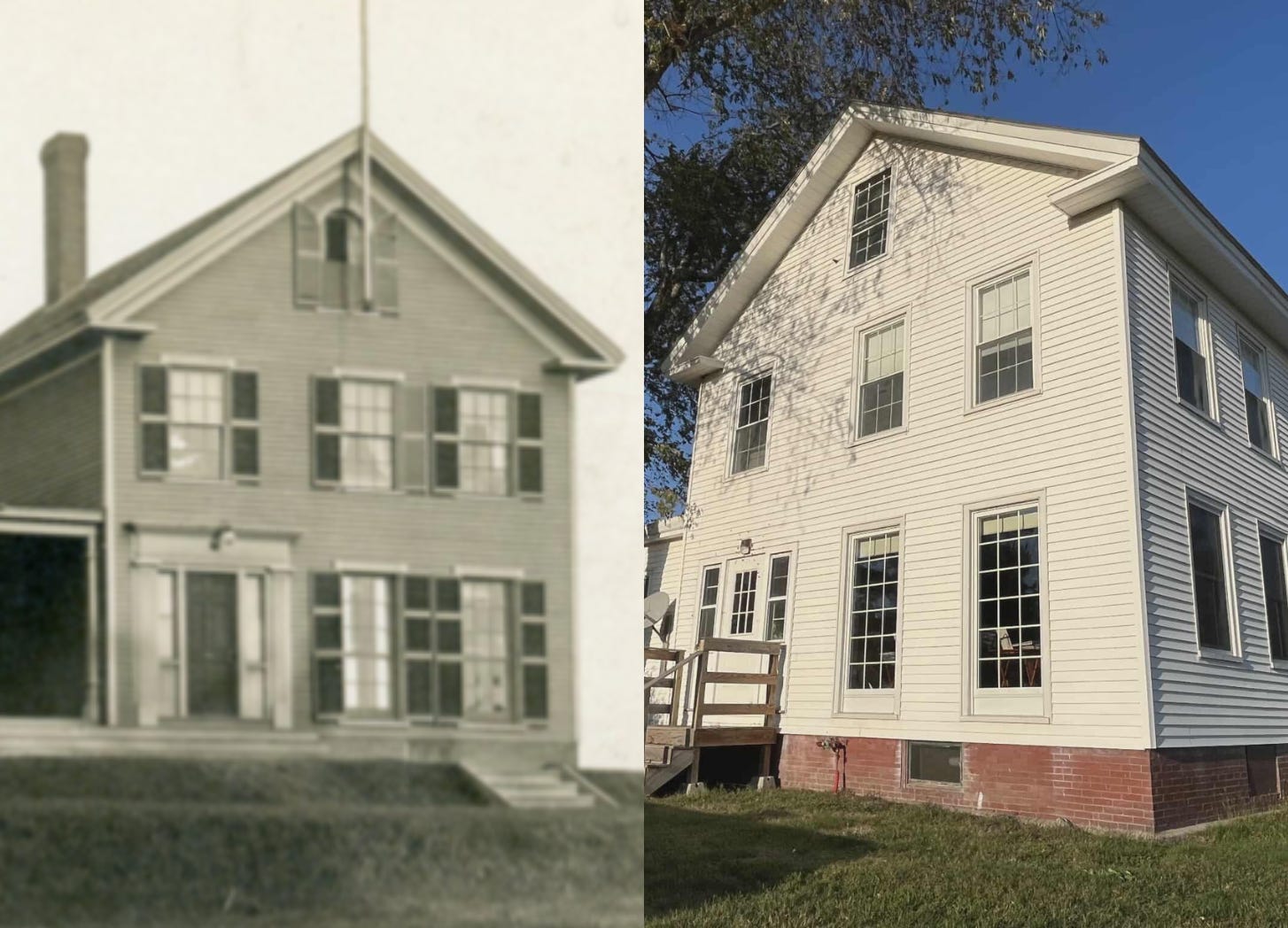It's the oldest building at UMaine, and it's probably going to be demolished
Crossland Hall predates the founding of the University

In the southern corner of the University of Maine sits the oldest building on campus: Crossland Hall, a white clapboard farmhouse that since 1833 has served variously as a private residential home, an academic buildi…


